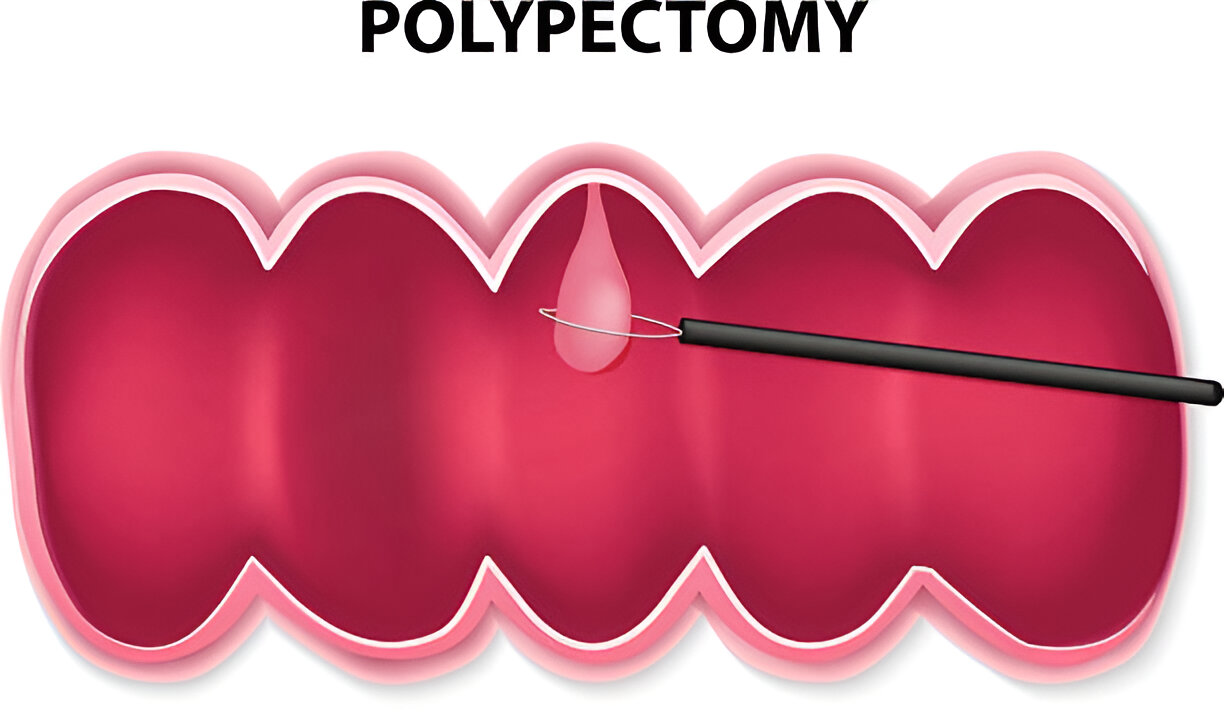
Polypectomy
Polypectomy is a medical procedure to remove polyps from various body parts. Polyps are abnormal tissue growths that can develop in different organs, such as the colon, stomach, sinuses, uterus, or bladder. While most polyps are benign (non-cancerous), some can become malignant (cancerous) over time, making their removal important.
Symptoms
Colon Polyps:
- Rectal bleeding
- Blood in stool
- Pelvic discomfort
- Change in bowel habits
- Abdominal pain
Nasal Polyps:
- Persistent stuffiness or congestion
- Runny nose
- Postnasal drip
- Reduced sense of smell
Uterine Polyps:
- Irregular menstrual bleeding
- Heavy menstrual periods
- Bleeding between periods
- Postmenopausal bleeding
Bladder Polyps:
- Blood in urine
- Frequent Urination
- Painful urination
Causes
The exact cause of polyp formation is often unknown, but several factors can contribute, including:
- Genetic mutations
- Chronic inflammation
- Infections (e.g., human papillomavirus for cervical polyps)
- Age
- Lifestyle factors (e.g., diet, smoking, alcohol consumption)
What are the Treatment options : ?
- Endoscopic Polypectomy:
- Hysteroscopic Polypectomy:
- Transurethral Resection:
- Nasal Polypectomy:
Health Care Tips?
- Follow-Up: Regular follow-up appointments are crucial to monitor for polyp recurrence.
- Healthy Diet: Eat a diet rich in fruits, vegetables, and whole grains. Avoid processed and high-fat foods.
- Exercise: Regular physical activity can help maintain overall health and reduce the risk of polyp formation.
- Screenings: For those at higher risk (e.g., family history of polyps or cancer), regular screenings like colonoscopies are recommended.
- Avoid Smoking and Excessive Alcohol: Both smoking and heavy alcohol consumption are risk factors for polyp development.
- Manage Chronic Conditions: Properly managing conditions like inflammatory bowel disease can reduce the risk of polyp formation.
How It Works?
Polypectomy is generally not painful as it is performed under local or general anesthesia. Patients may experience mild discomfort post-procedure.
Recovery time varies depending on the polyp’s location and the patient’s overall health. Most people can resume normal activities within a few days to a week.